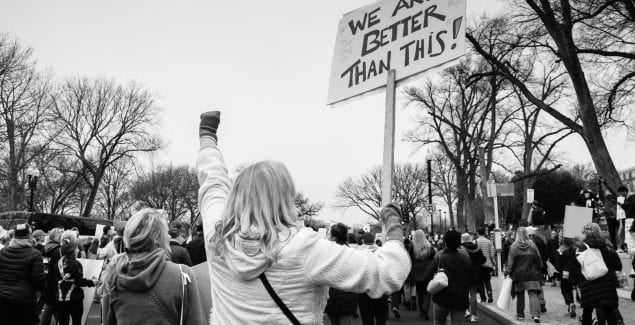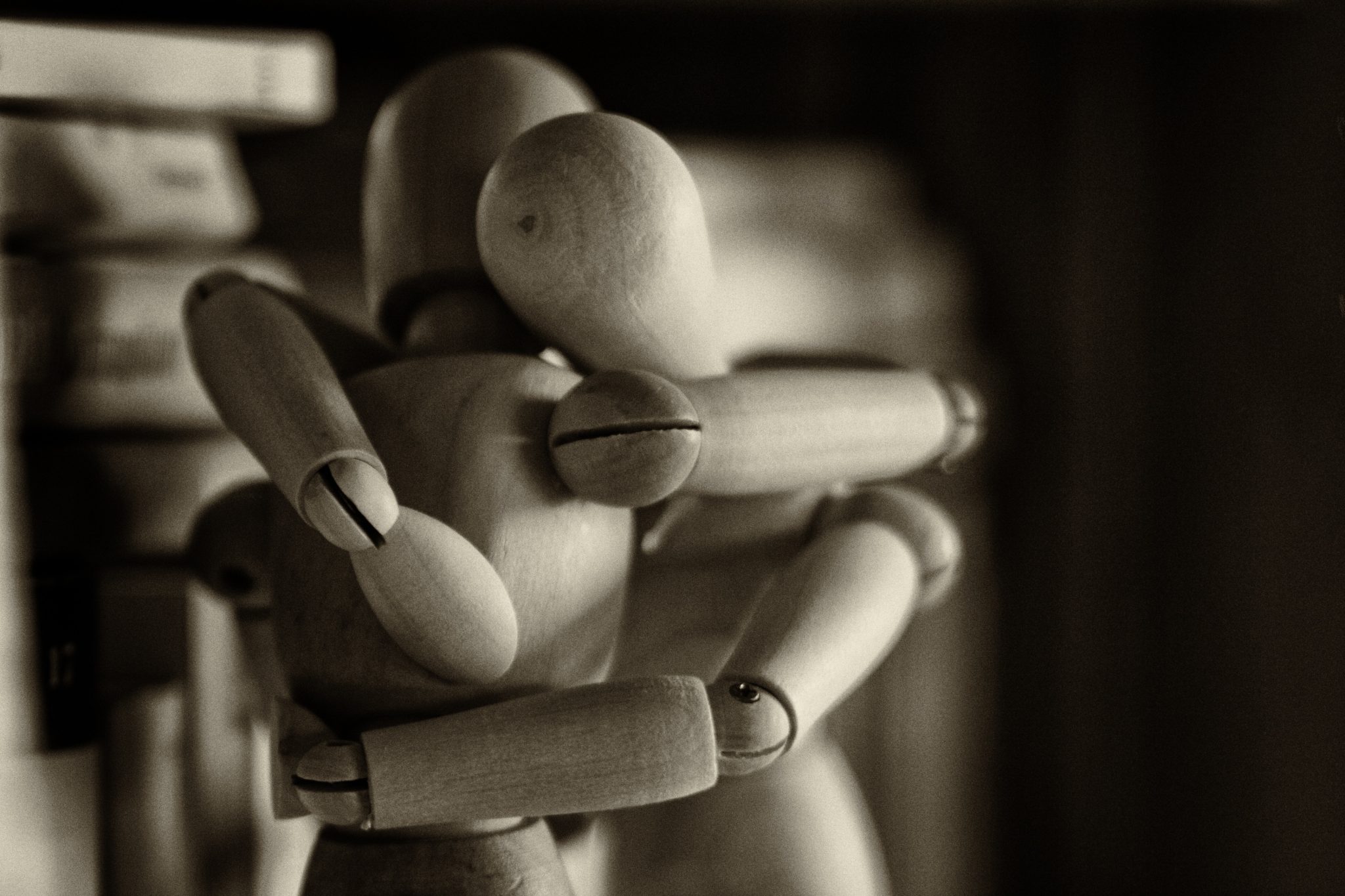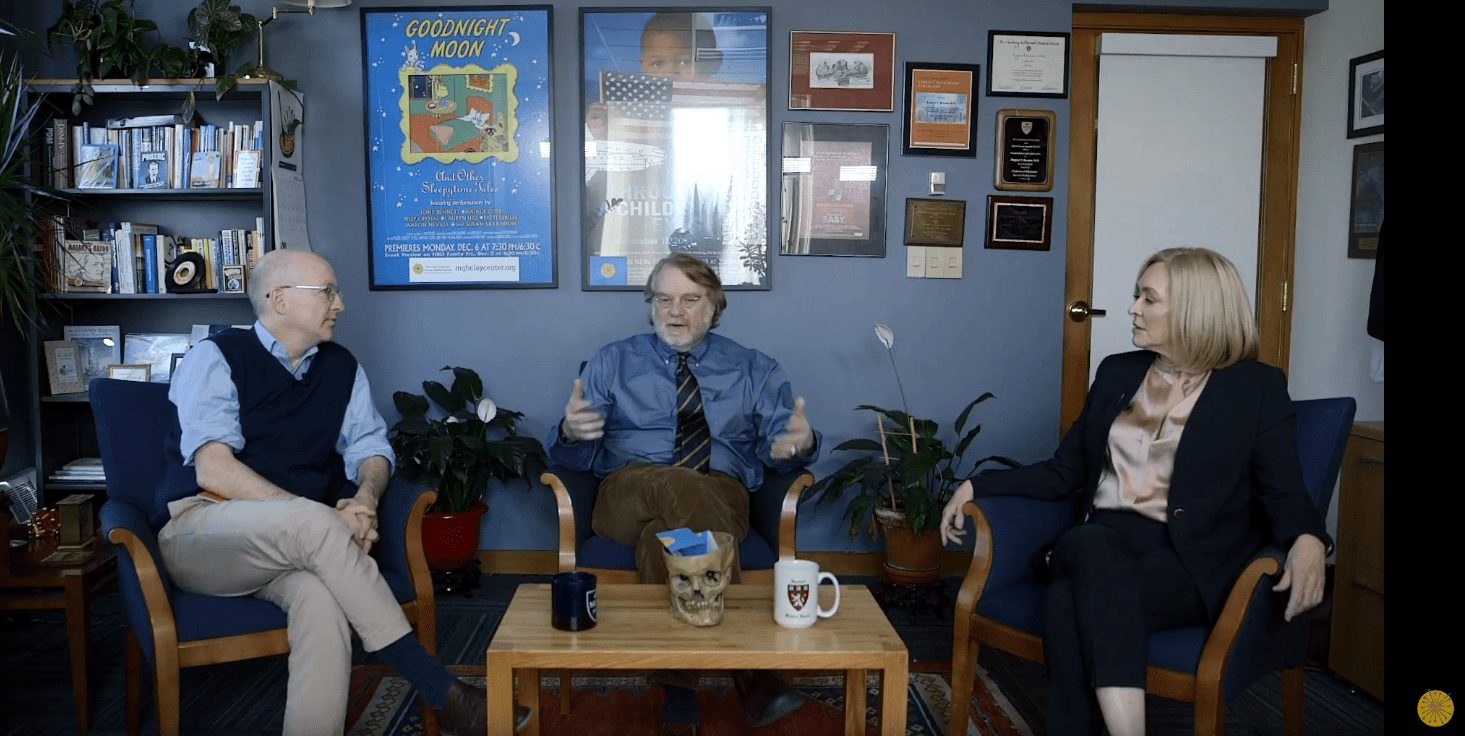Why Activism Is Good For Teens — And The Country

Posted in: Hot Topics, Parenting Concerns, Teenagers, You & Your Family
Topics: Hot Topics
When I was a ninth grader in 1964, I was suspended from school for selling peace buttons for the Student Nonviolent Coordinating Committee.
I was a tad anxious about how my mom would react, but when I came home that morning, she was beaming. “Good for you! Just don’t sell any more on school property,” she said.
I should have expected her reaction. She had been a teen-aged activist for organized labor in the 1930s. This was our family tradition. I became part of a group of kids who bonded over civil rights. Then, when I was in college, my mission turned to the movement against the war in Vietnam.
I do not want to write about guns, or the Florida tragedy, or the movement that is rising out of it and has my full support. Rather, let me put on my shrink hat and address why it is so good for teens to get politically active, from Twitter to the streets.
Let’s look at some major components of their adolescent growth curve. We also need to appreciate that development doesn’t occur in a vacuum, nor is it a theoretical construct. It must take place in real time with real people and in real situations. It must be lived and experienced.
And through all this — though teens won’t often admit it — they do need adult supervision, because they typically are driven by impulse and at times don’t stop and think before they act.
- Identity: One of teenagers’ primary missions is to become autonomous individuals, who pride themselves in who they are and what they stand for. Some of this is image, but mostly it’s solidifying a strong sense of self. They are developing their own personal narrative. Taking a role in a movement helps this process tremendously.
- Group inclusion: At the same time, teens need to feel connected with each other. Being part of a group — a team, a club or a political group — feeling connected with others, is a balancing act: being a separate individual on the one hand, but part of a collective on the other. As crucial as individuality is, a team membership, acceptance from others, and being recognized as part of a greater mission is a core developmental task.
- Rebellious testing of limits: We all know about teenage rebellion. We’ve all been there. How far can an adolescent push the limits of acceptable behavior and not get in big trouble? Or even if they do get caught, it can be kind of cool to be breaking rules. This is key. How do we know the boundaries of appropriate or inappropriate behavior unless we test it out in real time (as one shooting survivor did on Twitter, rejecting President Trump’s condolences and calling him profanities)? Sometimes it’s rebellion, sometimes it’s questioning authority, sometime it’s advocacy and fighting for what is right.
- Expression: Teenagers are also deeply emotional. Their passion is palpable — at concerts, watching movies, in animated conversation. They need a voice and a medium to express it. Some journal, some draw, some play music, some act. Creativity as a means of self-expression is part of this picture. Some of their creative endeavors are intentionally jarring for adults. That’s their motive. (It was when my folks couldn’t understand Dylan or the Rolling Stones. I must admit, I had a hard time with heavy metal, though my kids were more attracted to music of the ’70s, thank God.) Activism and protest call for expression, for persuasion. They channel creative expression into a cause, and the cause ignites the creativity.
- Intellectual growth: And finally, perhaps most importantly, the adolescent brain is capable of far greater abstract thinking than ever before in life. Teens are budding philosophers — or lawyers. They grapple with justice, fairness, beneficence, virtue, rights and responsibilities. And they argue. It’s hard to win an argument with them, but always entertaining, if not outright frustrating.
The Need for Supervision
The teenage brain is ruled by the reptilian structures that are driven by emotion, pleasure and immediate gratification. From ages 14 to 26, the neurons that connect the centers of immediate passion to the higher cortical (thought) regions that slow things down and weigh actions and consequences become myelinated — a process of insulating the wires so that emotion is modulated by reason.
This means unsupervised, teens tend to do impulsive, sometimes stupid things. And while they rarely acknowledge it, they do need adult supervision for guidance and safety.
In my time, “never trust anyone over 30” was a slogan. Though when push came to shove, I was really glad I had my parents and other mentors to guide me. And I’m glad now to see adults working with the teen activists.
Back To #NeverAgain
Considering the norms of development, these kids are right on track. They have so much to gain from their courageous efforts. We should applaud them and encourage their work.
Not only will their activism abet their adolescent development, they may remind us all what it means to have a voice and use it to try to make the world a better place.
A version of this post originally appeared and was written by the author (Beresin) on WBUR’s CommonHealth.


 Share
Share Tweet
Tweet





